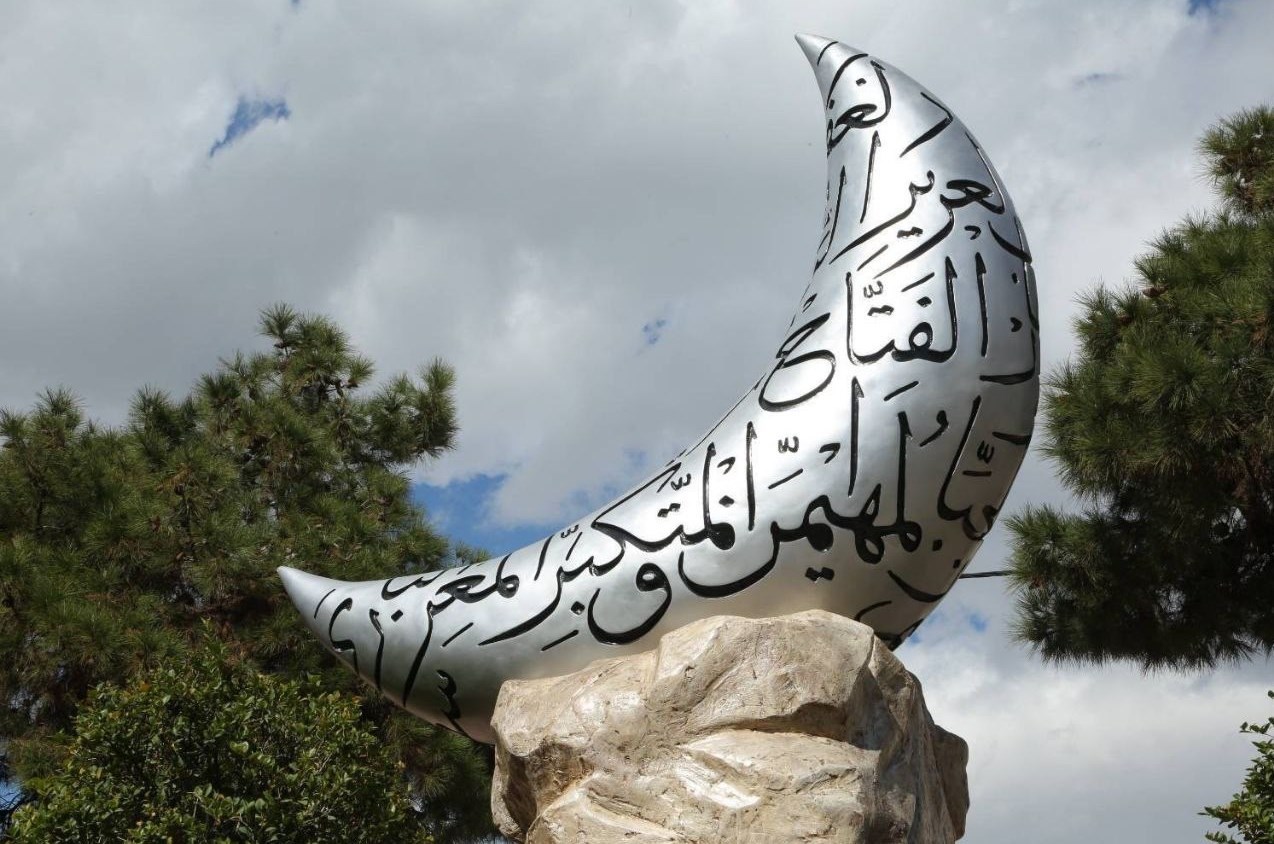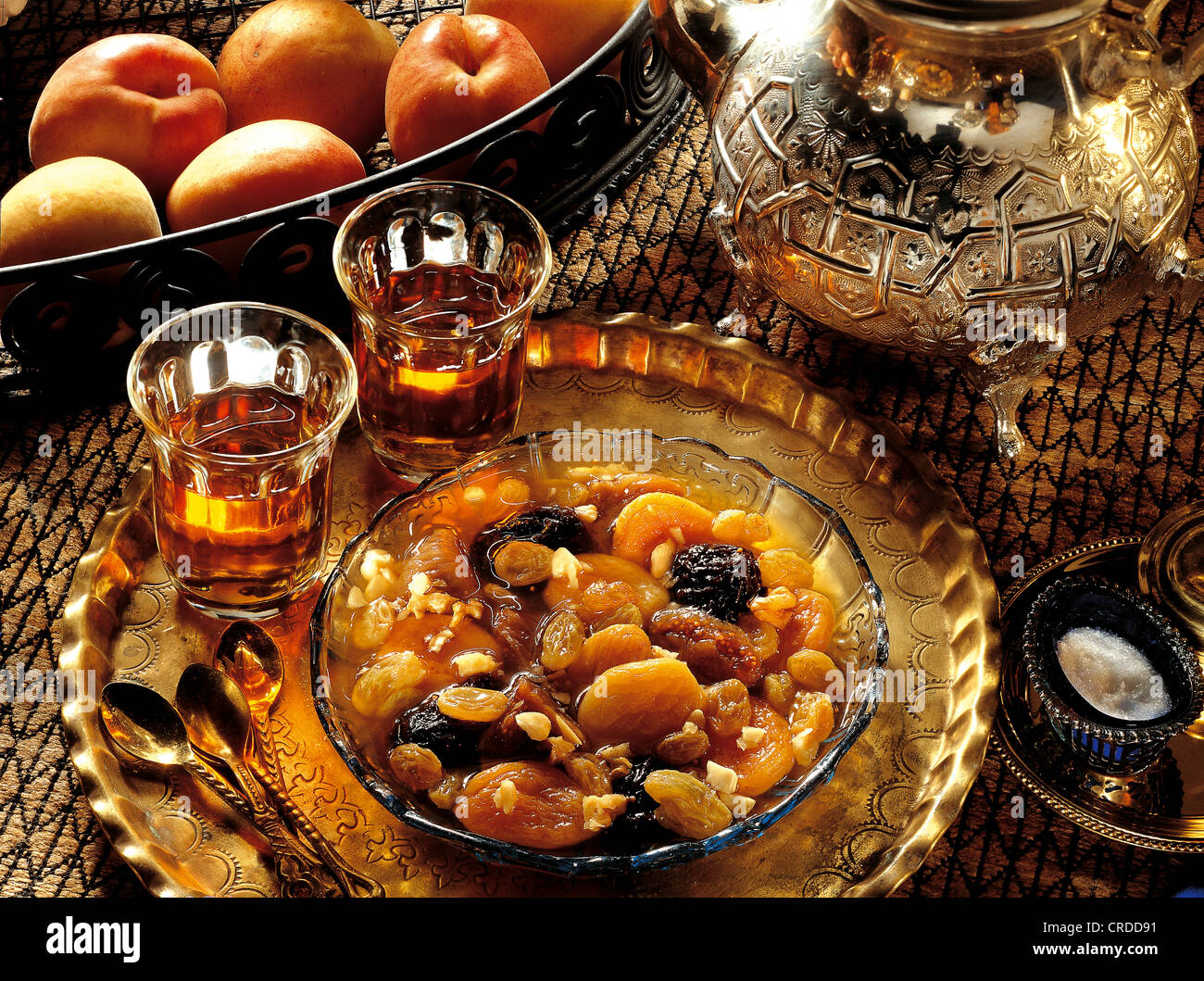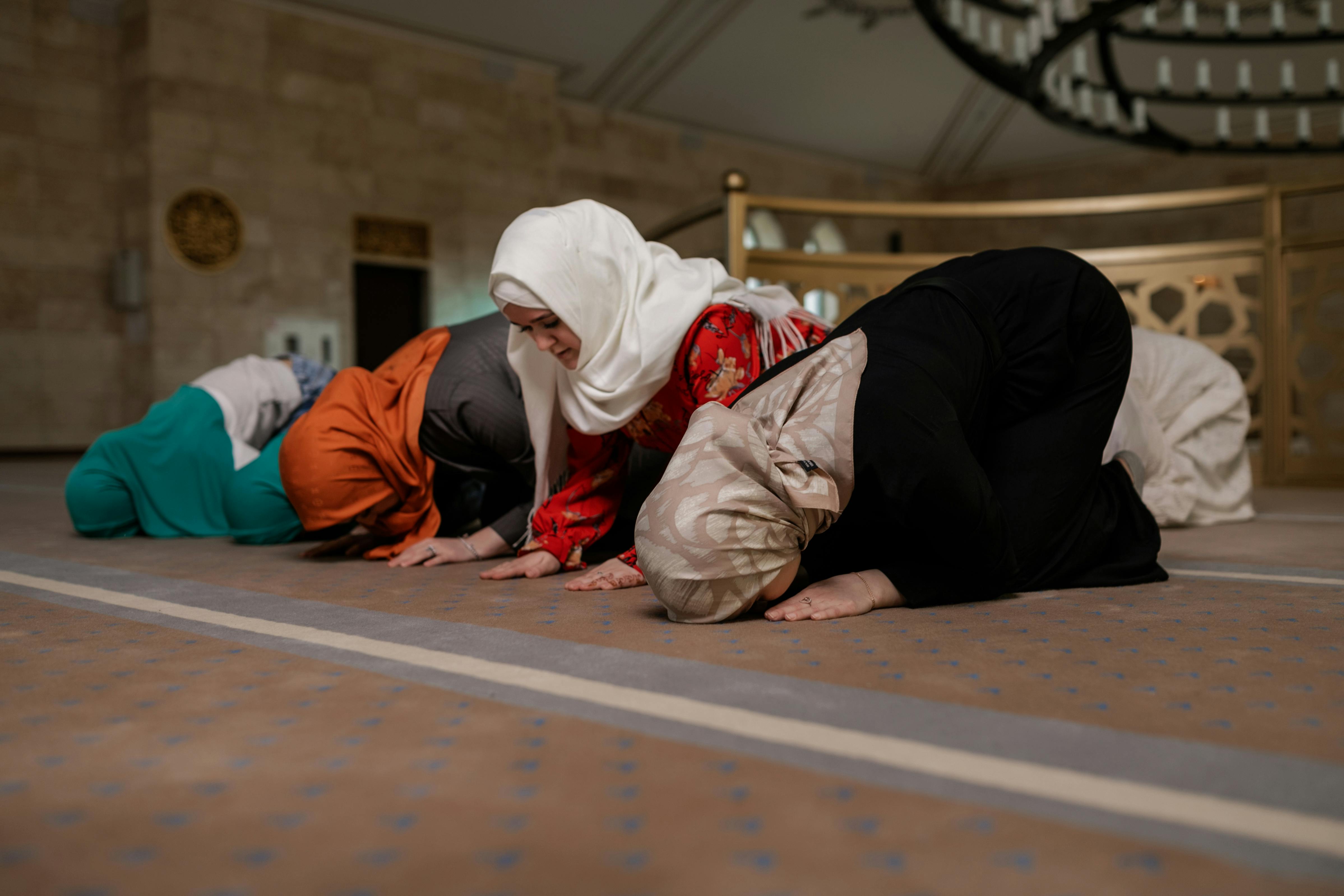Ramadan In Iran - A Time Of Spiritual Connection
Ramadan is, you know, a really significant time for countless people across the globe, and that includes families and individuals in Iran. It’s a period that comes around once a year, marking the ninth month of the Islamic calendar, a calendar that follows the moon's journey. This particular month is, arguably, a time of deep personal dedication and shared experiences for those who follow the Islamic faith, a moment when many feel a closeness to something bigger than themselves.
For nearly two billion Muslims, it’s a time when daily life shifts a little bit, focusing on things like going without food and drink during daylight hours, coming together for group prayers, and really taking a moment to look inward. This practice is followed by people pretty much everywhere Muslims live, so, it’s a shared experience that spans continents and cultures. It's a period of personal growth and, actually, a very communal feeling, too.
The spirit of this special month, as a matter of fact, touches millions, encouraging a quiet kind of thought and a strong connection with one another. It's often seen as the most special time of the year in Islamic culture, a period that encourages a focus on inner peace and, in some respects, a collective sense of purpose. People often find a lot of meaning and comfort in these practices, which are, you know, quite ancient.
Table of Contents
- What is Ramadan and How is it Observed in Iran?
- Why is Ramadan So Important for Muslims, Including Those in Iran?
- How Does Fasting Shape People During Ramadan in Iran?
- What Does Ramadan Bring to Communities in Iran and Beyond?
- The Sacred Nature of Ramadan in Iran
What is Ramadan and How is it Observed in Iran?
You know, Ramadan is the ninth month of the Islamic calendar, which is, basically, a lunar calendar, so its timing shifts a little bit each year on our typical solar calendar. It’s a period that people around the globe, including those in Iran, observe with a lot of personal attention. This month is, in a way, marked by several key practices: going without food and drink from dawn until sunset, gathering for group prayers, taking time for personal thought, and really strengthening community bonds. It’s a very specific time of year, and people tend to follow its rhythms quite closely.
For people who are Muslim, Ramadan is, in some respects, a period set aside for looking inward, for quiet thought about one's life and beliefs. It's also a time when many will go to the mosque for communal prayer, and, you know, they often spend time reading from the Quran, which is their holy book. This practice of deep thought and religious study is, actually, a central part of the month for many, helping them feel a renewed sense of purpose and calm. It’s a pretty intense period of personal connection.
It is believed that during this special time, God offers forgiveness for past missteps to those who respectfully observe the holy month. This belief, you know, gives the entire period a very profound meaning for people. The idea of a fresh start, a chance to be forgiven, is a really powerful motivator for many to engage fully in the month’s practices. So, it's not just about what you do, but also, in a way, about what you receive.
The Heart of Ramadan in Iran - Fasting and Inner Growth
The core of Ramadan, which is certainly true for people observing Ramadan in Iran, involves the practice of fasting. This means going without food and drink, basically, from the first light of dawn until the sun completely sets. This isn't just about abstaining; it's a practice that, apparently, helps people build certain qualities within themselves. It's a way to cultivate a calm endurance, a modest outlook, and a kind of inner strength that helps you bounce back from difficulties. People often find that this daily discipline helps them feel more connected to their own inner self and, you know, to their faith.
This daily discipline, the act of refraining, is seen as a method for personal improvement. It’s a way to learn to control one's desires and, in a way, to appreciate what one has. By consciously choosing to go without, people often develop a deeper sense of thankfulness for the simple things in life. It's a practice that, you know, encourages self-awareness and a greater sense of discipline in all areas of life. The whole point is to foster a better person, you could say.
So, the fasting part of Ramadan, which is observed with great care during Ramadan in Iran, is really about more than just not eating. It’s about building character and, you know, fostering a spiritual connection. It’s a very personal act, yet it’s shared by millions, creating a kind of collective energy. People often talk about how this practice helps them feel more patient with others, more humble in their approach to life, and more capable of handling whatever comes their way. It’s a profound exercise, really.
Communal Gatherings and Prayer during Ramadan in Iran
During Ramadan, communal prayer, known as `ṣalāt`, becomes a very central part of daily life for Muslims, and this is certainly true for those observing Ramadan in Iran. Many people make an effort to go to the mosque, sometimes multiple times a day, to pray together. This shared act of worship creates a really strong sense of unity and connection among people. It's a time when neighbors and friends come together, standing shoulder to shoulder, pretty much. This collective prayer, you know, helps to reinforce the bonds within the community.
Beyond the regular daily prayers, there are often special evening prayers during Ramadan, especially after breaking the fast, which is called `iftar`. These prayers can be quite long and are, in a way, a highlight of the spiritual day for many. People gather, listen to recitations from the Quran, and spend time in quiet reflection. It’s a very peaceful atmosphere, and, you know, it strengthens the feeling of shared purpose. These gatherings are a very important part of the experience of Ramadan in Iran.
The coming together for prayer and other activities during Ramadan is, basically, a huge part of what makes the month so special. It's not just about individual devotion; it's about the collective experience. People support each other, share meals, and, in some respects, grow together spiritually. This sense of togetherness is, you know, a very powerful aspect of Ramadan, creating a feeling of belonging and mutual support that extends throughout the month and beyond. It's a really good example of community in action.
Why is Ramadan So Important for Muslims, Including Those in Iran?
Ramadan holds a very special spot in the hearts of Muslims all over the world, including, naturally, those in Iran. It’s not just a month on the calendar; it’s a period that carries deep meaning and significance. For nearly two billion people, it’s a time for truly deep thought, for feeling a close spiritual connection, and for strengthening ties within their community. It’s considered, you know, the most special month of the year in Islamic culture, a time when people feel particularly close to their faith and to one another.
The reason for its profound importance goes back to a foundational belief. Muslims believe that, actually, the very first verses of the Quran, their holy book, were made known to the Prophet Muhammad through the angel Gabriel during this specific month. This event, you know, marks a pivotal moment in Islamic history, making Ramadan a time of profound reverence for the divine word. So, it's not just a tradition; it's rooted in something really fundamental to their faith.
This connection to the Quran's beginnings means that the month is seen as a time of immense blessings and spiritual openings. People feel, in a way, that it’s a period when their prayers are more readily heard and their good deeds carry greater weight. It’s a chance to renew their faith and to recommit to their spiritual path. This historical and spiritual link, you know, makes Ramadan truly stand out as a time of immense importance for Muslims everywhere, including those observing Ramadan in Iran.
The Quran's Revelation and its Meaning for Ramadan in Iran
The belief that the first parts of the Quran were brought down during Ramadan is, basically, a cornerstone of why this month is so revered, and this belief shapes the observance of Ramadan in Iran just as it does elsewhere. This event means that the Quran itself is very much tied to the month of Ramadan. As a result, there’s a particular emphasis on reading and reflecting on the Quran during this time. People spend hours, you know, poring over its verses, trying to understand its messages more deeply.
For Muslims, including those in Iran, this connection to the Quran means that Ramadan is a time to really engage with their scripture. It’s a period for intense study and, in some respects, a personal conversation with the divine word. Many will try to read the entire Quran over the course of the month, or at least a significant portion of it. This practice is seen as a way to gain spiritual insight and to strengthen their relationship with God. It’s a pretty meaningful endeavor, actually.
The revelation of the Quran during Ramadan means that the month is seen as a time of guidance and enlightenment. It's a period when the path to a more righteous life is, arguably, made clearer. This deep spiritual connection to the holy book is what gives Ramadan much of its profound significance for Muslims. It’s a time to remember the origins of their faith and to reaffirm their commitment to its teachings, something that is certainly observed during Ramadan in Iran.
How Does Fasting Shape People During Ramadan in Iran?
The practice of going without food and drink from dawn until sunset during Ramadan is, you know, a very powerful tool for personal development. For Muslims, including those observing Ramadan in Iran, it’s not just about the physical act of abstaining; it’s about what that act helps them cultivate within themselves. By consciously refraining from basic needs for a set period each day, people tend to develop a greater capacity for calm endurance. It’s a way to train the mind and the body, basically, to be more disciplined.
This daily discipline, the practice of `sawm`, also helps people foster a sense of modesty. When everyone is experiencing the same hunger and thirst, it creates a shared experience that can, in a way, break down barriers and promote a feeling of equality. It reminds people of those who are less fortunate and, you know, encourages empathy. This aspect of the fast is very much about looking beyond oneself and understanding the experiences of others, which is a really important part of the month.
Furthermore, the act of fasting helps people build inner strength, a kind of resilience that allows them to bounce back from difficulties. When you learn to control your desires and endure temporary discomfort, you often find that you become stronger in other areas of your life, too. This spiritual and mental toughening is, in some respects, a key outcome of the fast. It teaches self-control and, you know, a quiet determination that can be applied to all sorts of challenges, something seen in the observance of Ramadan in Iran.
What Does Ramadan Bring to Communities in Iran and Beyond?
Ramadan is, pretty much, a time when communities really come alive, and this is certainly true for those celebrating Ramadan in Iran. It’s a month that encourages people to come together, to share meals, and to support one another. After the sun sets, families and friends gather for `iftar`, the meal that breaks the fast. These gatherings are, in a way, moments of joy and togetherness, filled with conversation and good food. It’s a time when social bonds are strengthened, and people feel a deeper connection to their neighbors and loved ones.
Beyond the evening meals, the communal prayers at the mosque also play a huge role in fostering a sense of community. When millions of people are engaging in the same practices, at roughly the same times, it creates a powerful collective energy. This shared experience, you know, reinforces a sense of belonging and mutual support. People often feel a renewed sense of unity during Ramadan, a feeling that they are all part of something larger than themselves. It's a very unifying period, actually.
The spirit of giving and charity also tends to be very strong during Ramadan. People are often more inclined to help those in need, to share their blessings, and to contribute to their communities. This focus on compassion and generosity is, in some respects, a natural outcome of the month’s emphasis on self-discipline and empathy. It’s a time when people are, arguably, more mindful of their responsibilities to others, creating a positive ripple effect throughout society, something quite evident during Ramadan in Iran.
The Sacred Nature of Ramadan in Iran
Ramadan is, in essence, a month that holds a very special place in the hearts of Muslims, and this deep reverence is certainly felt during Ramadan in Iran. It's often described as the most sacred month of the year in Islamic culture, a period infused with a heightened sense of holiness. This feeling comes from the belief that it’s a time when spiritual doors are more open, and blessings are more abundant. It’s a period that, you know, encourages people to draw closer to their faith and to live in a more spiritually aware way.
The Arabic word ‘Ramad’ means heat or intense dryness, which, in a way, hints at the intensity of the spiritual purification experienced during the month. It's a period of burning away sins and impurities, of cleansing the soul through fasting, prayer, and reflection. This metaphorical heat, you know, signifies a transformative process, a journey towards greater spiritual purity. People often feel a profound sense of renewal and inner peace as they go through the month, a feeling that is very much a part of the experience of Ramadan in Iran.
Ultimately, Ramadan is a time of deep personal reflection, a period for spiritual connection, and a moment for strengthening community bonds. It is, basically, a sacred period of going without food and drink, of prayer, and of quiet thought. From dawn until sunset, Muslims respectfully refrain from certain activities, focusing instead on their inner lives and their connection to God. This month is, you know, a very profound experience for nearly two billion Muslims around the world, and its sacred nature is felt deeply by those observing Ramadan in Iran.



Detail Author:
- Name : Madaline Hand
- Username : clair.crooks
- Email : douglas.shawn@yahoo.com
- Birthdate : 1991-11-25
- Address : 9979 Larkin Mountains Suite 904 Schadenchester, HI 32214
- Phone : +1-347-616-4558
- Company : Ward, Haley and Schuster
- Job : Bookkeeper
- Bio : Ipsa animi beatae autem id aut nihil accusantium natus. Consequatur et eos ratione facilis autem. Labore aliquam voluptatem aut beatae qui. Rem dolor non in.
Socials
tiktok:
- url : https://tiktok.com/@rhett7100
- username : rhett7100
- bio : Illum et vitae eius eos reiciendis libero reiciendis et.
- followers : 1147
- following : 757
instagram:
- url : https://instagram.com/rhett.jacobs
- username : rhett.jacobs
- bio : Dolores rerum in culpa rerum. Eum aut corrupti distinctio itaque.
- followers : 1665
- following : 2121
facebook:
- url : https://facebook.com/rhett_jacobs
- username : rhett_jacobs
- bio : Eum quasi alias quasi necessitatibus distinctio sunt sint optio.
- followers : 2452
- following : 1058
linkedin:
- url : https://linkedin.com/in/rhett_jacobs
- username : rhett_jacobs
- bio : Et nisi perferendis velit unde vel et quia.
- followers : 5471
- following : 1463